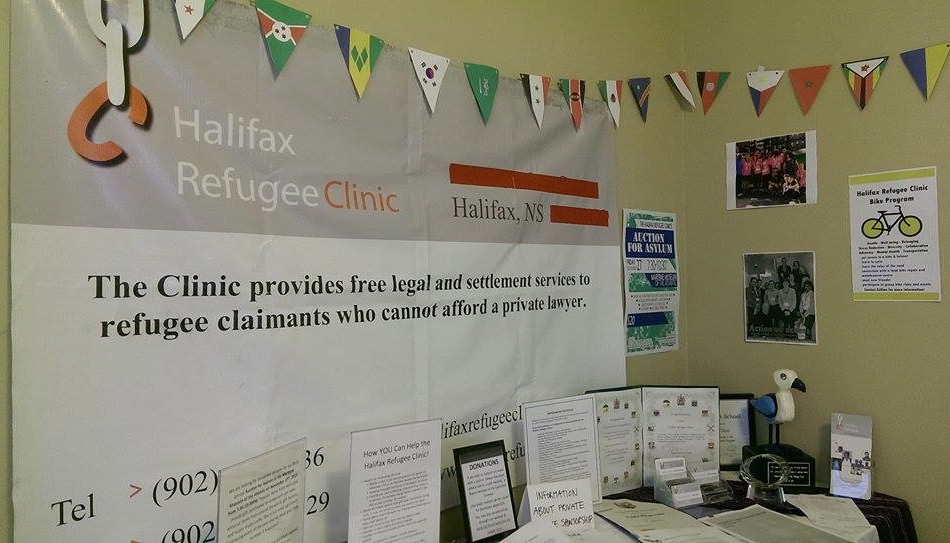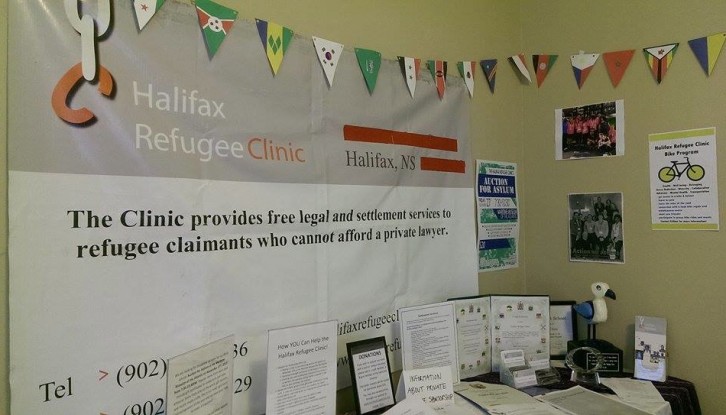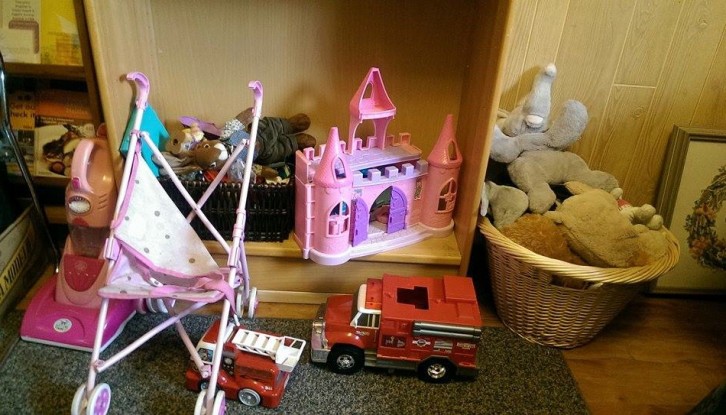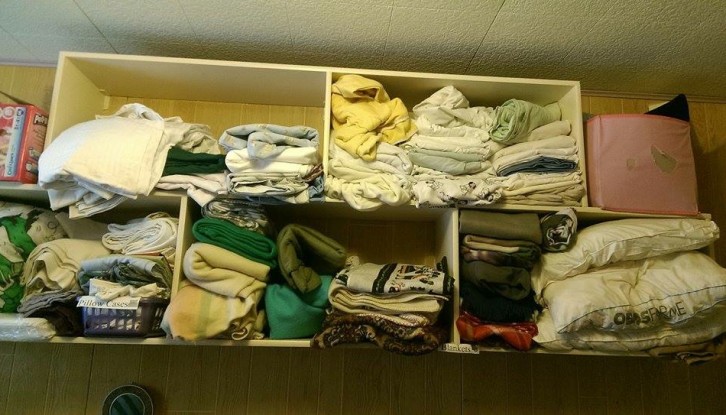Refugee crisis
Communities aiming to make ‘substantial impact’ on refugee crisis
Disappointed in Ottawa's response, communities are eager to sponsor and help refugees

caption
Information table
caption
Information table at the Halifax Refugee ClinicCanadians were outraged over pictures of the body of three-year old Alan Kurdi last month. But some Nova Scotians have turned their outrage over the plight of Syrian refugees to action.
Instead of relying on the government entirely, community groups have formed around the province to help sponsor refugees. One such community group in Hubbards, consisting of around 25 key people. Fundraising to privately sponsor two Syrian families, the group was inspired by the image of the dead Syrian boy. Steve Sharam, the head of the communications committee, said that within hours people were contacting each other to find out how they could help.
“If enough people get involved, politics can shift and that is a critical thing. We simply cannot leave these people floating on the Mediterranean, we need to help them,” says Sharam.
Although the group started only three weeks ago, the Crowd Funding page has reached 1,745 donations and he is impressed by how eager the community is to help.
“The community support has been enormous and we actually had to appoint someone in our group just to be the external background for other groups that are contacting us, because we are a little ahead of these groups.”
According to Citizenship and Immigration Canada, 2,406 Syrian refugees have been accepted to Canada, 20 of which are in Nova Scotia. This small number in comparison to the 4 M Syrian refugees has left Nova Scotians unimpressed with the federal response, inspiring many to privately sponsor refugees themselves.
Evelyn Jones, Refugee Sponsorship Coordinator at Immigration Services Association of Nova Scotia, says she has been getting numerous phone calls and emails of people asking how they can sponsor refugees.
[idealimageslider id=”1069″]
Jones explains that there are two ways people can privately sponsor refugees, either a family-linked sponsorship, which is by a relative, or group sponsorships, which allows any group with five or more members to sponsor if they can show financial and settlement capability. This is because private sponsors, whether a group or not, are legally required to support refugees for a year; a responsibility many are willing to take. Even those who don’t want to sponsor themselves are willing to donate and help fundraise these groups according to Jones.
“We can help guide people through the process. We are putting a number of information sessions together and we also have an information package. We are trying to say to the community that this is do-able and that anyone can do this.”
Sharam says there is no excuse as to why the community can’t help because if a group effort is made, simple gestures like lending a sofa; a microwave or a winter coat can be beneficial when refugees arrive.

caption
Toys donated to the Halifax Refugee Clinic“I think that not doing anything because we can’t do everything is not going to be effective,” he said. “You can say ‘well I can’t personally solve this giant geo political crisis so I’m not going to do anything,’ but each community making small efforts can have a “substantial impact on the situation.”
Other than private sponsorships, there are other ways for people to help; one of them is to volunteer at the Halifax Refugee Clinic. This can vary from teaching English, representing a claimant, a translator or even as a mental health consultant.
The clinic provides free legal aid and settlement services specifically for refugee claimants, who unlike those with a refugee status don’t have permanent residence.
Gillian Zubizarreta, settlement coordinator at the clinic, says the lack of status “marginalizes them,” as many lose work or study permits when making a claim, leaving them in vulnerable positions and forces them to become dependent.
“Donating bus tickets, personal care products, gift cards, groceries, or even opening your home temporarily for clients, it really does make a big positive impact in a persons life who is on a income budget. If you’re getting less than $600 in a month and you have help for your transportation for example, it relieves stress,” says Zubizarreta.

caption
Blankets donated by the community to the clinic.Ashley Whelan, a Dalhousie student in her 5th year, has been volunteering as an ESL tutor at the clinic for more than a year now, before the crisis was popularized.
Whelan says working with refugees made her more understanding of their perspective.
“They are eager and flexible. Working with these people I saw how hard-working, independent, and brave they are to come to a new country. These stereotypes are blatantly wrong,” says Whalen.
Sharam says he is disappointed in the federal government’s response to the refugee crisis. But he is hopeful political pressure from communities will lead to change.
“On a federal level, the response has been insufficient and it has to change and be aligned with reality and aligned with what Canadians want.”
Overall, Sharam remains optimistic.
“On a community level we need to stay focused on what we are doing and why we are doing it. As the crisis continues, whether it gets better or worse we need to continue doing as much good as we can.”
